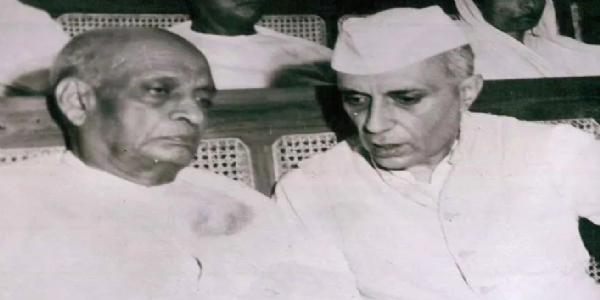Giving huge impetus to Digital India, Modi led govt maps 21st century!
Total Views | 162
New Delhi, February 15: Maps and accurate geospatial data are crucial for national infrastructure projects such as linkages of rivers, creation of industrial corridors and deploying smart power systems. Emerging vibrant technologies like Digital India, Smart Cities, eCommerce, autonomous drones, delivery, logistics and urban transport require a leap forward in mapping with greater depth, resolution and precision.
In every economic endeavor, spanning agriculture, finance, construction, mining and local enterprise, India’s farmers, small businesses and corporations alike stand to gain tremendously from the application of innovative technologies based on modern geospatial data technologies and mapping services.

The Prime Minister observed however, that the existing regime imposed significant restrictions on the mapping industry, from creation to dissemination of maps, requiring Indian companies to seek licenses, follow a cumbersome system of pre-approvals and permissions. Compliance with these regulatory restrictions has subjected startups in India to unnecessary red tape, hindering Indian innovation in map technologies for decades.
To realise India's vision of Atmanirbhar Bharat and the goal of a 5 trillion-dollar economy, the regulations that apply to geospatial data and maps henceforth stand radically liberalised. The Department of Science and Technology is announcing sweeping changes to India’s mapping policy, specifically for Indian companies. What is readily available globally does not need to be restricted in India and therefore geospatial data that used to be restricted will now be freely available in India. Furthermore, our corporations and innovators are no longer subject to restrictions nor do they require prior approvals before they collect, generate, prepare, disseminate, store, publish, update digital Geospatial Data and Maps within the territory of India.
Our startups and mapping innovators will be trusted to self-certify, apply good judgement and be relied upon to demonstrate adherence to guidelines. In addition, measures to promote the development of Indian geospatial innovations that take advantage of the latest map-making technologies are proposed. With the next generation of mapping technology just about coming into its own around the world, this policy will enable Indian innovators to create substantial advances in mapping ultimately making our lives easier and empowering small businesses. We look forward to India emerging as a mapping power, creating next generation indigenous maps of India and taking these new technologies to the rest of the world.
.
.





